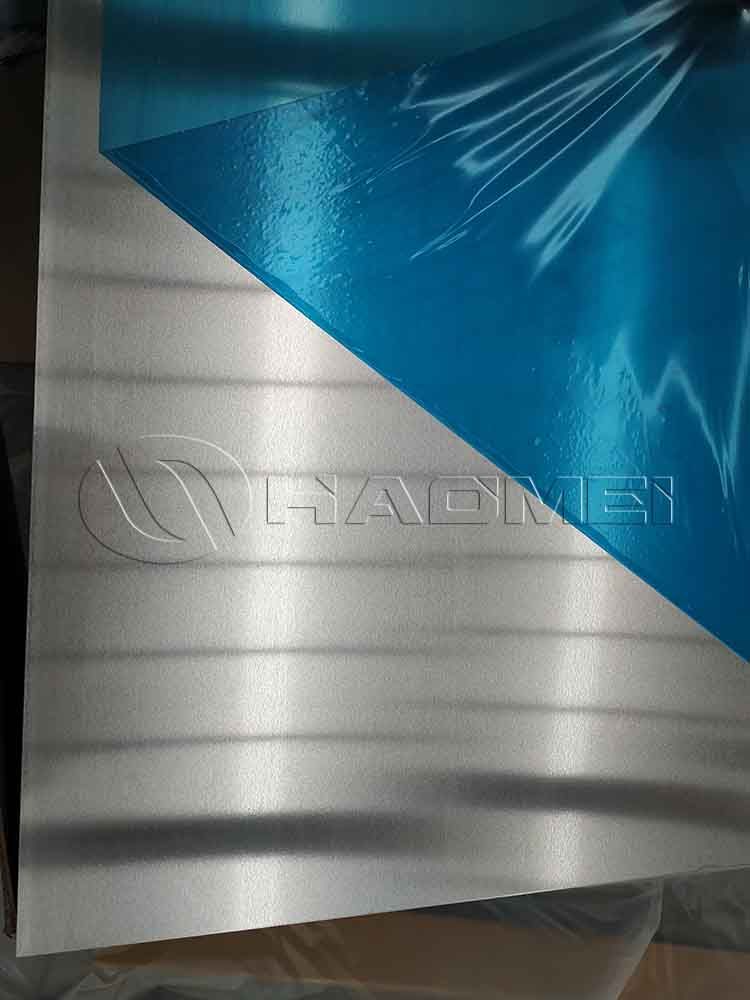Special application environment of aircraft air conditioning system
Compared with ground air conditioning, aircraft air conditioning systems mainly face the following three special environments:
1. Complex and changeable atmospheric conditions at flying altitudes
During flight, aircraft will experience atmospheric environments at different altitudes, and parameters such as temperature, pressure, and humidity are constantly changing, which increases the adaptability requirements of the air conditioning system.
During climb and landing, the ambient temperature gradient is large, which poses a challenge to the system's cooling capacity. At cruising altitude, the temperature is lower but the air is thinner, and the heat transfer conditions become worse, which also brings design problems to the heat exchange components.
2. The impact of high-speed airflow
When an airplane flies at near-sonic or supersonic speeds, the speed of the external airflow is very large, which produces strong impact pressure on the cabin. This requires the air conditioning system and the entire cabin to have sufficient pressure carrying capacity. At the same time, strong external airflow will also cause instability in the heat exchange process of the system.
3. Extreme space and weight restrictions
The airplanes have very strict space and weight requirements for system hardware. Air conditioning equipment must be highly compact and lightweight. This places strict requirements on the design size and material selection of heat exchange components. In summary, the special environment requires that the aircraft air-conditioning system must be highly sealed, structurally solid, and have strong pressure-bearing capacity. It also needs to be small in size, light in weight, reliable in operation, and capable of adapting to environmental changes.

Main components of aircraft air conditioner
The aircraft air conditioning system mainly consists of a compressor, condenser, expansion device, evaporator, fan, air filtration system, etc., which is similar to the ground air conditioning system. But all its power comes from aviation engines, which has unique features:
1. Dedicated aviation compressor
Compressors usually adopt a turbofan structure, which has a large compression ratio and can achieve a wide range of flow adjustment by adjusting the geometric size of the turbofan. The compressor is directly installed on the aircraft engine and uses the engine to output power.
2. Compact heat exchange components
Condensers and evaporators often use compact heat exchangers such as plate-fin type and tube-fin type, which can enhance heat transfer in a limited space. At the same time, the influence of high-speed airflow needs to be considered for fluid dynamic design.
3. Lightweight fan structure
Use composite materials to make fan blades into lightweight structures to reduce rotating mass and power loss. The blades need to withstand high-speed rotational stress.
4. High-efficiency air filtration system
The multi-stage filter combination achieves efficient interception of dust, bacteria, and viruses. It is also of small size, light weight and easy replace of filter. This requires the close cooperation of materials, fluid dynamics, heat transfer and other disciplines.
Aircraft aluminum conditioner
The aluminum alloys used in aircraft air conditioners need to be lightweight, high-strength, corrosion-resistant, and have good thermal conductivity to ensure the normal operation of the aircraft air-conditioning system and the comfort of passengers. The common choices are 2xxx and 7xxx aluminum alloys like matweb aluminum 7075.
In aircraft air conditioning systems, aluminum alloys may be used to manufacture various components, such as condensers, evaporators, fan blades, etc. These parts need to withstand harsh environments such as high temperature, high pressure and corrosion, so they need to use high-quality aluminum alloy materials.
Commonly used aluminum alloys include 2024 aluminum alloy and 7075 aluminum alloy. 2024 aluminum alloy is a high-strength, corrosion-resistant aluminum alloy material with good mechanical properties and processing properties, and is widely used in aircraft manufacturing. 2024 t351 is its popular temper.
Original Source:https://www.aircraftaluminium.com/a/what-are-special-requirements-of-aircraft-aluminum-conditioner.html

没有评论:
发表评论